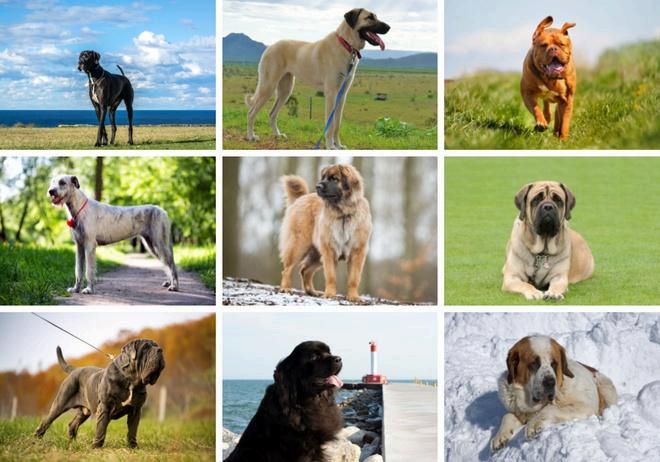The Science Behind Breed-Specific Traits: Why Dogs Act
the Way They Do

Dogs are amazing creatures, each with its own unique set of traits that make them special From the energetic nature of Border Collies to the calm demeanor of Bulldogs, understanding why different dog breeds have these characteristics can help us care for them better. In this blog, we’ll look at what makes each breed unique and how their history and genetics shape their behavior
1. How Genetics Shape a Dog’s Traits
A lot of what makes a dog act the way it does comes from its genes For example:
1. Working Dogs
Breeds like the German Shepherd and Labrador Retriever were bred for tasks such as police work or search and rescue. Their high intelligence and eagerness to learn stem from their role in these demanding jobs
2. Herding
Dogs
Breeds such as the Border Collie and Australian Shepherd are known for their boundless energy and herding instincts These traits are the result of their history working with livestock
3. Companion Dogs
Breeds like the Pug and Shih Tzu were bred mainly for companionship Their affectionate and friendly nature is a reflection of their purpose as lap dogs and family pets.
2. The Importance of Early Socialization
When dogs are young, how they are exposed to new experiences can really shape their behavior. Socializing your puppy, introducing it to different people, animals, and environments helps it grow into a well-adjusted adult Here’s why it matters:
1. Confidence Building
Puppies that encounter various situations in a positive way are more likely to become confident and adaptable adults
2. Behavior Management
Different breeds may require specific types of socialization For example, herding breeds might need additional training to manage their instinctual behaviors
3. How a Dog’s Environment Influences Its Behavior
What happens around a dog affects how it behaves Here’s how you can create a good environment for your dog:
1.
Consistent Training
Dogs thrive on routine and clear expectations Regular training helps them understand what is expected and supports their natural traits.
2. Right Amount of Exercise
Different breeds have different exercise needs For example, a high-energy breed like the Border Collie requires ample playtime to stay happy and healthy.
4. How History Shapes a Dog’s Traits
The history of a breed influences its behavior For instance:
1. Hunting Breeds
Breeds like the Pointer and Weimaraner were developed to track and retrieve Their strong drive to find and bring back objects comes from their historical roles as hunting companions.
2. Guarding Breeds
Breeds such as the Rottweiler and Doberman Pinscher were bred to protect. Their instinct to guard and their loyalty are rooted in their past roles as protectors
5. Emotional Support and Dog Breeds
Understanding breed-specific traits can also play a role in choosing the right dog for an emotional support animal letter Some breeds are naturally more attuned to providing comfort and companionship, making them ideal for this role For instance, breeds known for their calm and affectionate nature can be particularly effective in providing emotional support. If you’re considering a dog for emotional support, researching different dog breeds and their characteristics can help ensure a good match
In general, understanding why dogs have certain traits helps us appreciate their unique qualities and improve our relationship with them By knowing the science behind breed-specific traits, we can better meet their needs and enjoy a more harmonious life together.
Useful Resources:
● ThePetWorld.org: Offers detailed information on various dog breeds, including their characteristics and care tips
● American Kennel Club (AKC): A great source for breed profiles and behavior insights
● PetMD: Provides helpful information on dog health and behavior.
FAQs
How do genetics affect a dog's behavior?
A dog’s behavior is largely influenced by its genes. Each breed has traits that were selected for specific roles, such as hunting or guarding, which shape how they act and react
Why is early socialization important for puppies?
Early socialization helps puppies become well-adjusted adults. It exposes them to different experiences and helps them handle new situations with confidence
Can a dog’s environment change its behavior?
Yes, a dog’s environment, including its living conditions and the training it receives, can affect its behavior Meeting a dog's needs and providing a good environment supports their natural traits
Where can I find more information about my dog’s breed?
You can find detailed information about different dog breeds on websites like ThePetWorld org and AKC, which offer insights into breed characteristics and care.
